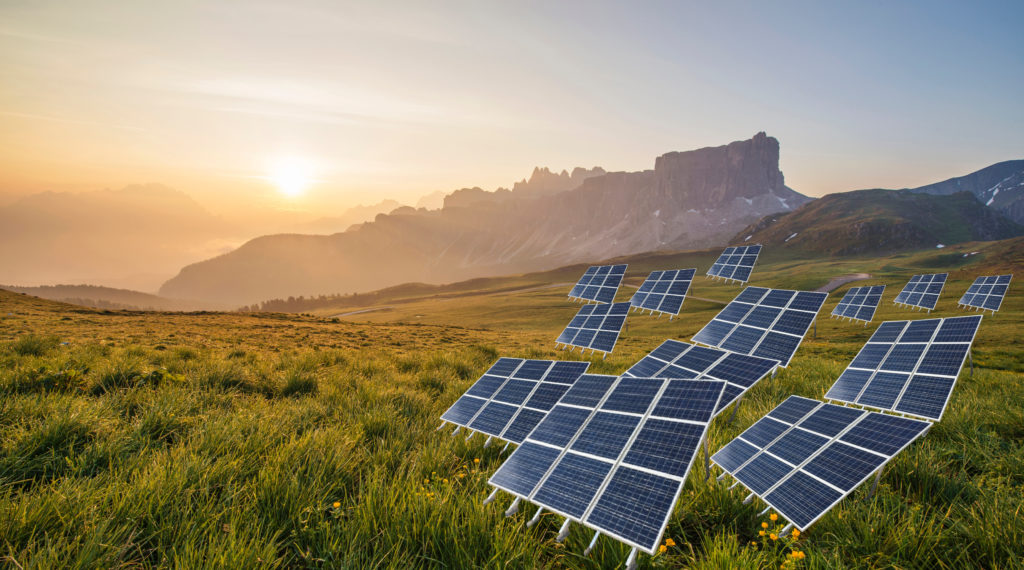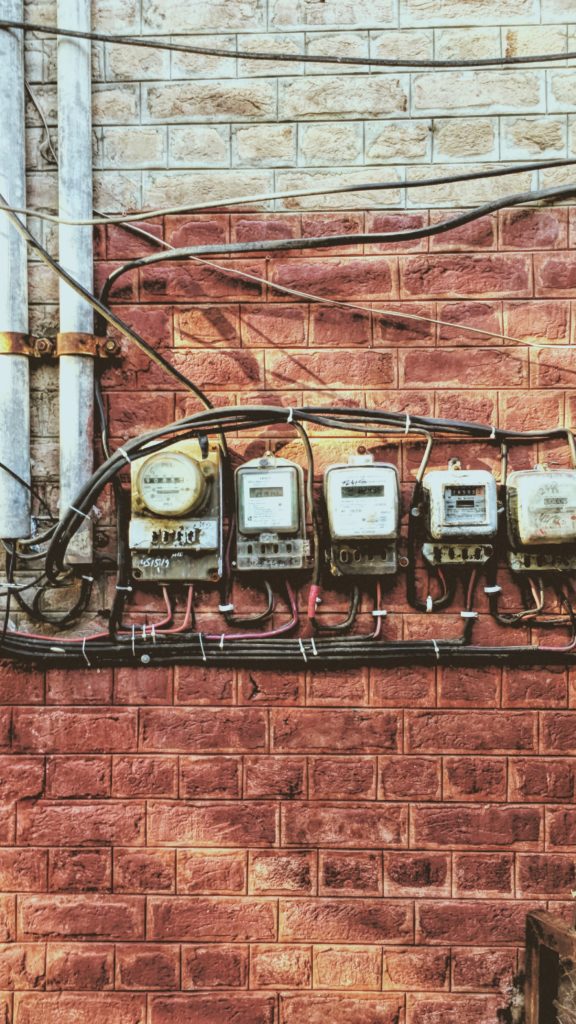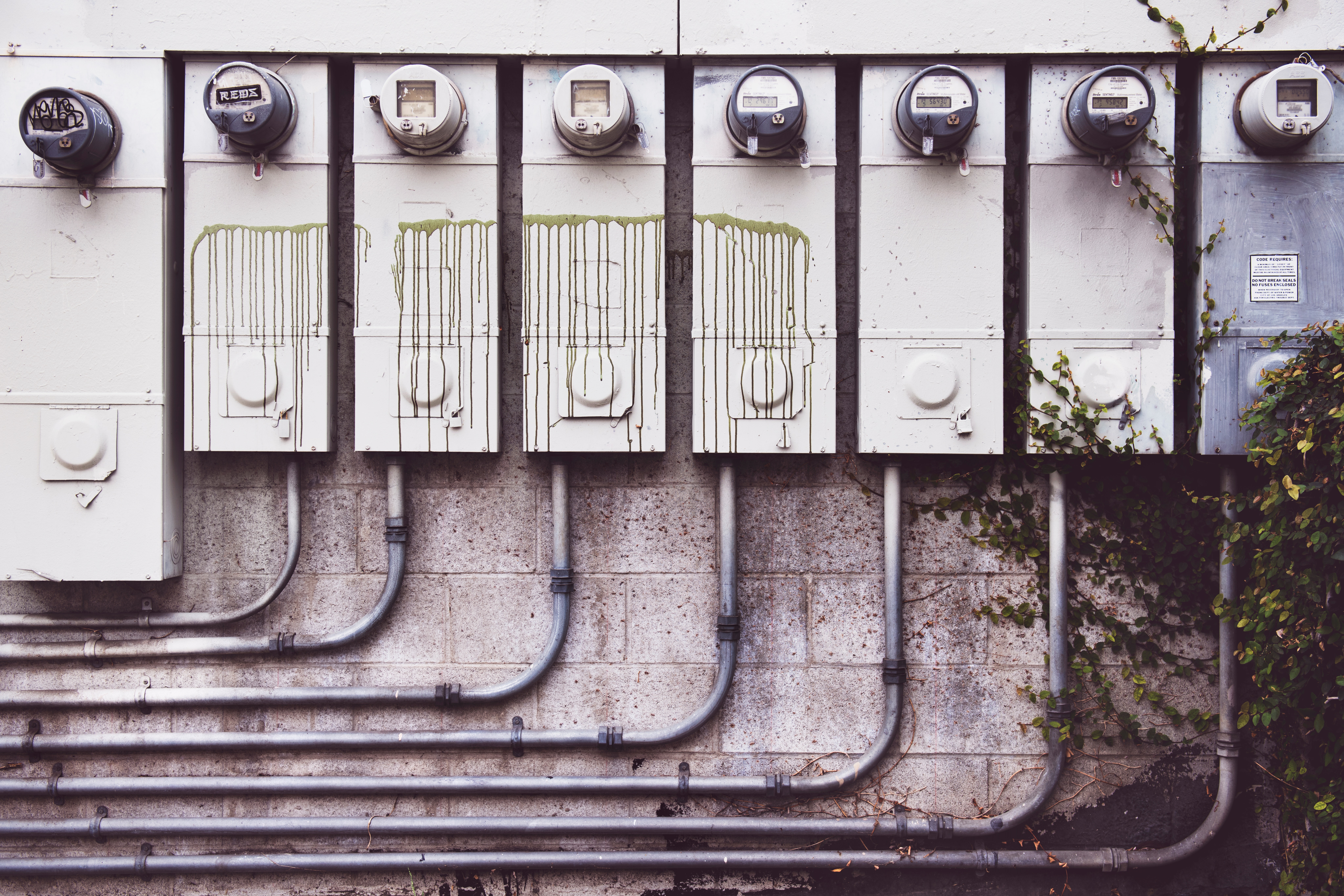There are two things that have nothing to do with each other but that in real, they have to: the perplexity of a roe deer in the foothills of the Torozos hills when she founds a fence surrounding a photovoltaic park and that the 64%1 of the Spanish people do not know if our electrical supply contract is from a free or a regulated market.
The roe deer ignores the fact that the place where he walks is going to be subjected to radical changes. Tens of thousands of hectares are going to be covered with photovoltaic panels and closed by fences. We will have to see how this will afect to biodiversity, what will become of the bustards and of the foxes that walks throguh those places and if roe deers will learn to see fences before they colide with them.
But we have to take in count that human activity will be affected. All those hectares will be excluded from agriculture, shepherding will be limited and the landscape will be radically transformed, what could affect to local business of the rural tourism. In exchange of this destruction, energy will be generated without emitting greenhouse gases, energy that also will be cheap and that will help to decrease the price resulting from the daily market matching. But the sun does not usually shine at night, at least in our latitude, and what could happen with the electricity price and with the electric system stabilisation from the time of sunset or the days without sun is something that we will have to talk about in other moment.

Spanish consumers may be just as unaware as the roe deer, because it seems that manyof us are not informed about the possibility of choosing between a regulated rate and non-regulated one, and surely we are far less conscious about the changes that decarbonization of the electric system brings.
This situation of unknowledge raises the fear that it is going to be hard to let people know that they have in their hands a powerful weapon for combating the problems that could appear as a consequence of the massive introduction of renewable energies.
It is the flexibility or capacity of consuming electricity at different times than initially desired without having a loss of comfort or utility. To complicate things further, the household consumers could take better advantage of their own flexibility if they offer it on a joint basis. And this offer should be made in energy local markets, still non-existent, but already in development.

To imagine that a consumer that does not know if he has a free rate or a regulated one may become involved in the energy local market seems harder to achieve than a herd of roe deers jumping the fences of a photovoltaic park.
Several things are required for demand flexibility to be useful. On the one hand, it is necessary that all flexible electricity-consuming assets, such as air conditioning, should be able to accept external signals that allow regulating its operation automatically. Also, it is necessary that control systems that generates these signals are available and acting in an aggregated manner on a significative number of air conditioning systems, to mention a flexible load. In addition, it is necessary to define business models that will allow users to be remunerated for their flexibility. And finally, rules and regulations must be developed to define new market agents, such as the recently created independent aggregators, and to regulate the consumer participation in the new local electricity markets.
But all of this is not going to be possible without a change of mind. Consumers have to realize that there are ways to actively participate in the electricity system that go beyond switching companies when the bill seems too high. One of these ways could be energy communities, which are already opening the door to collective self-consumption and will hopefully soon also open the door to flexible, consumer-centered demand-side management.
Perhaps these communities allow the consumer to adapt to the new electricity system in the same way that roe deers of Torozos hills will have to adapt to a new environment full of unfamiliar things.
1 https://blog.cnmc.es/2019/11/15/panel-hogares-cnmc-electricidad-gas/
- The 28A blackout and the lessons to be learned about the energy transition - 23 May 2025
- We ran out of light - 5 April 2024
- Uncertainties in electricity supply - 15 December 2023
